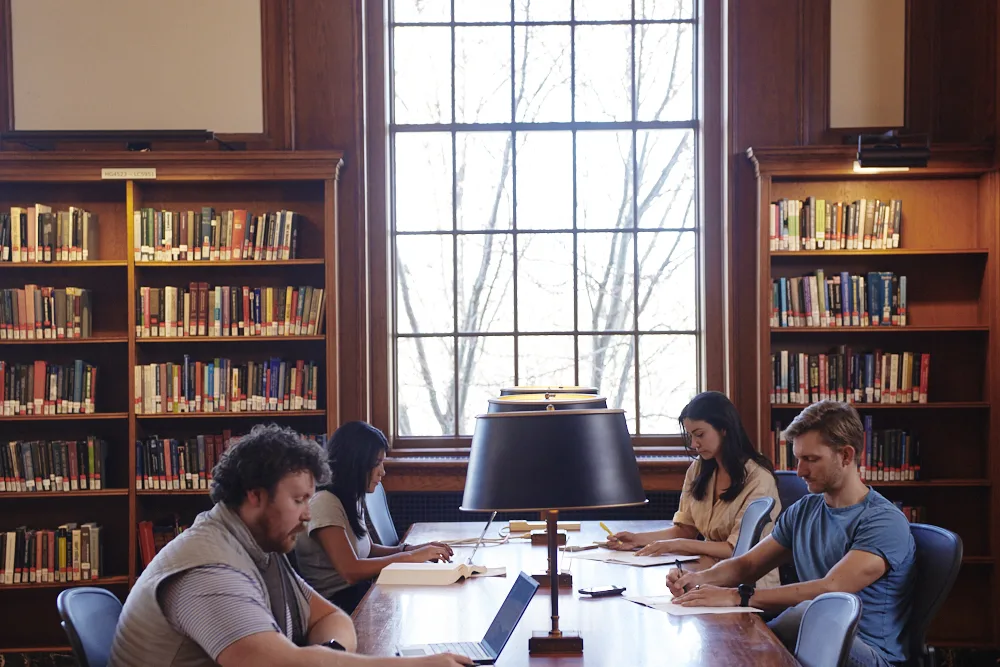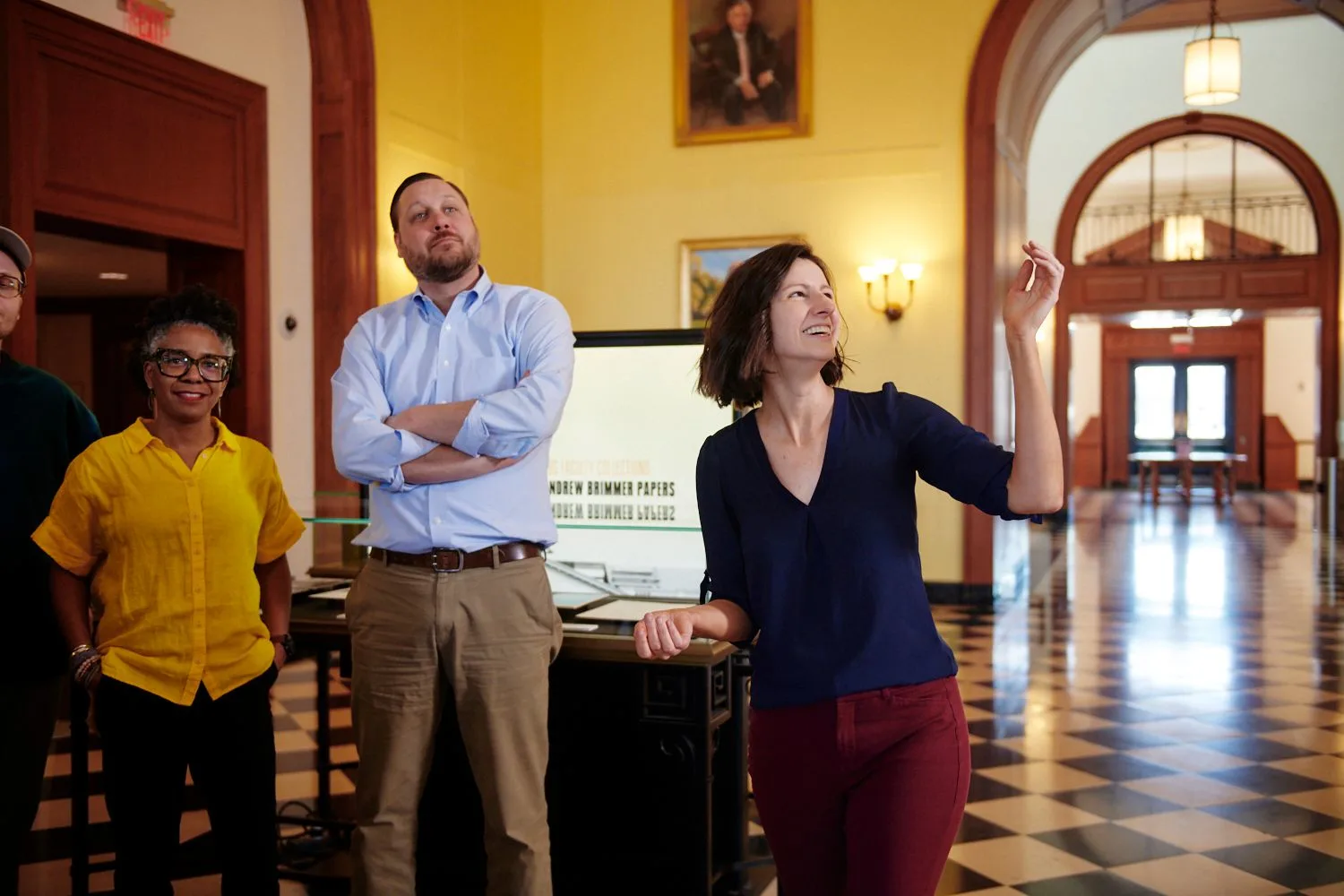Still need help?
Our expert librarians are here to help you find what you’re looking for.


Time Zone: Eastern Time - US & Canada
Join us for a 20-minute general tour to learn about our spaces, resources, and history. All are welcome on our general tours.
Date: Tuesday, March 10 2026
Time: 10:00 a.m. - 10:20 a.m.
Tour starts in the first floor lobby of Baker Library. Tour size is limited, so please register.
Register for Baker's March TourJoin us for a 20-minute general tour to learn about our spaces, resources, and history. All are welcome on our general tours.
Date: Wednesday, June 17, 2026
Time: 10:00 a.m. - 10:20 a.m.
Tour starts in the first floor lobby of Baker Library. Tour size is limited, so please register.
Register for Baker's June TourBaker Library welcomes individuals and groups to explore our spaces. All are welcome.
Learn more about our tours
Still need help?
Our expert librarians are here to help you find what you’re looking for.

